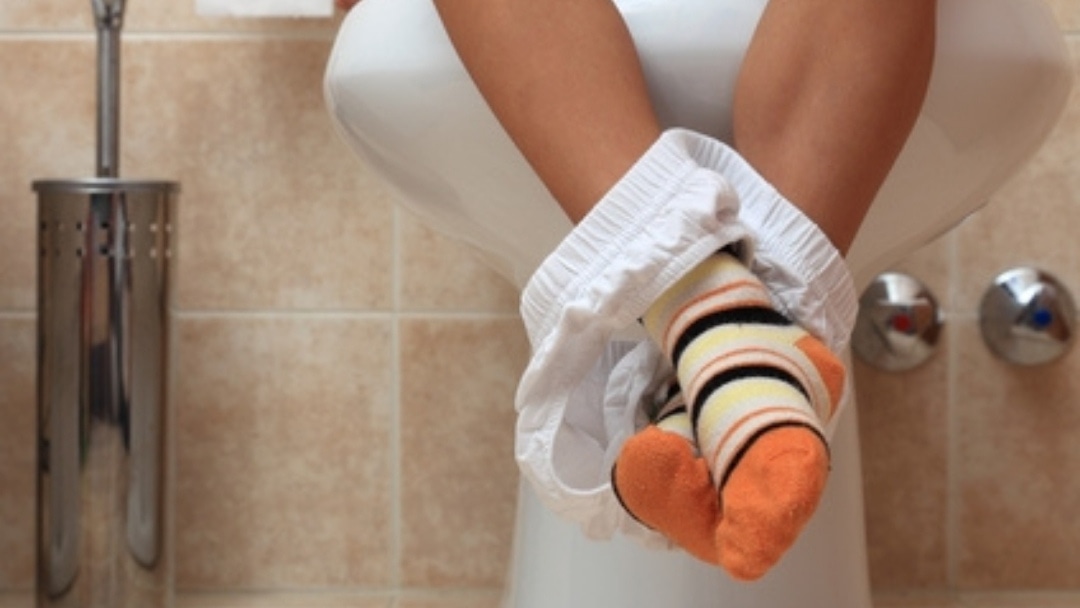My four year old son, Eric was terribly constipated. He would go for several days without a bowel movement, and when he did finally go, he would sit on the toilet for what seemed like hours, straining. He seemed to be in a lot of pain.
We tried everything: Flax oil, probiotics, fish oil, suppositories, psyllium, and we even increased his intake of fruits and vegetables. Nothing seemed to work. We would finally break down and give him Miralax to help relieve the constipation. I never felt very good about giving him Miralax because it says on the bottle to only take it for a short period of time, and we felt like we were giving it to him too frequently.
If we gave him enough Miralax, he would eventually go, but this didn’t seem like a way to live. Taking Miralax to go to the bathroom every time? That just isn’t right.
Gut Dysbiosis
This is when we learned that he had gut dysbiosis. We did a stool analysis that showed that he had an overgrowth of bad bacteria in his intestines. We changed his diet and took out a lot of the simple carbohydrates (breads, cakes, cookies, etc.) known to feed the bad bacteria. We also started giving him supplements of magnesium and routinely put Epsom salts (magnesium sulfate) into his baths.
These changes did seem to make some minor improvements, but he was still constipated, only not as severely. Then we heard from our doctor that constipation might be caused by a lack of motility in his intestines–and we wanted to know what caused this lack of motility.
So we researched and found out that children who have mitochondrial dysfunction or mitochondrial disorders often have low motility in their intestines which can result in chronic constipation. There is even a clinical study we heard about that is looking to confirm this finding. Read about that trial here.
We found out that certain supplements (like B vitamins, CoQ10 and carnitine) can actually help the cells in the intestines make energy and some of the children with mitochondrial disorders take these types of supplements to help them make more energy. We worked with a dietician, and she helped us figure out what supplements would be best for our son.
We started him on these supplements (and continued with the other changes in diet) and slowly over a few weeks, he began to go to the bathroom on his own, without Miralax! There are still other pieces of the puzzle that we need to figure out (Eric also has some sensory processing problems), but we are just so glad that he isn’t constipated anymore.
– Tammy (Eric’s mom)
Still Looking for Answers?
Visit the Epidemic Answers Practitioner Directory to find a practitioner near you.
Join us inside our online membership community for parents, Healing Together, where you’ll find even more healing resources, expert guidance, and a community to support you every step of your child’s healing journey.
Sources & References
Is Miralax the New Vioxx? GutSense.org





